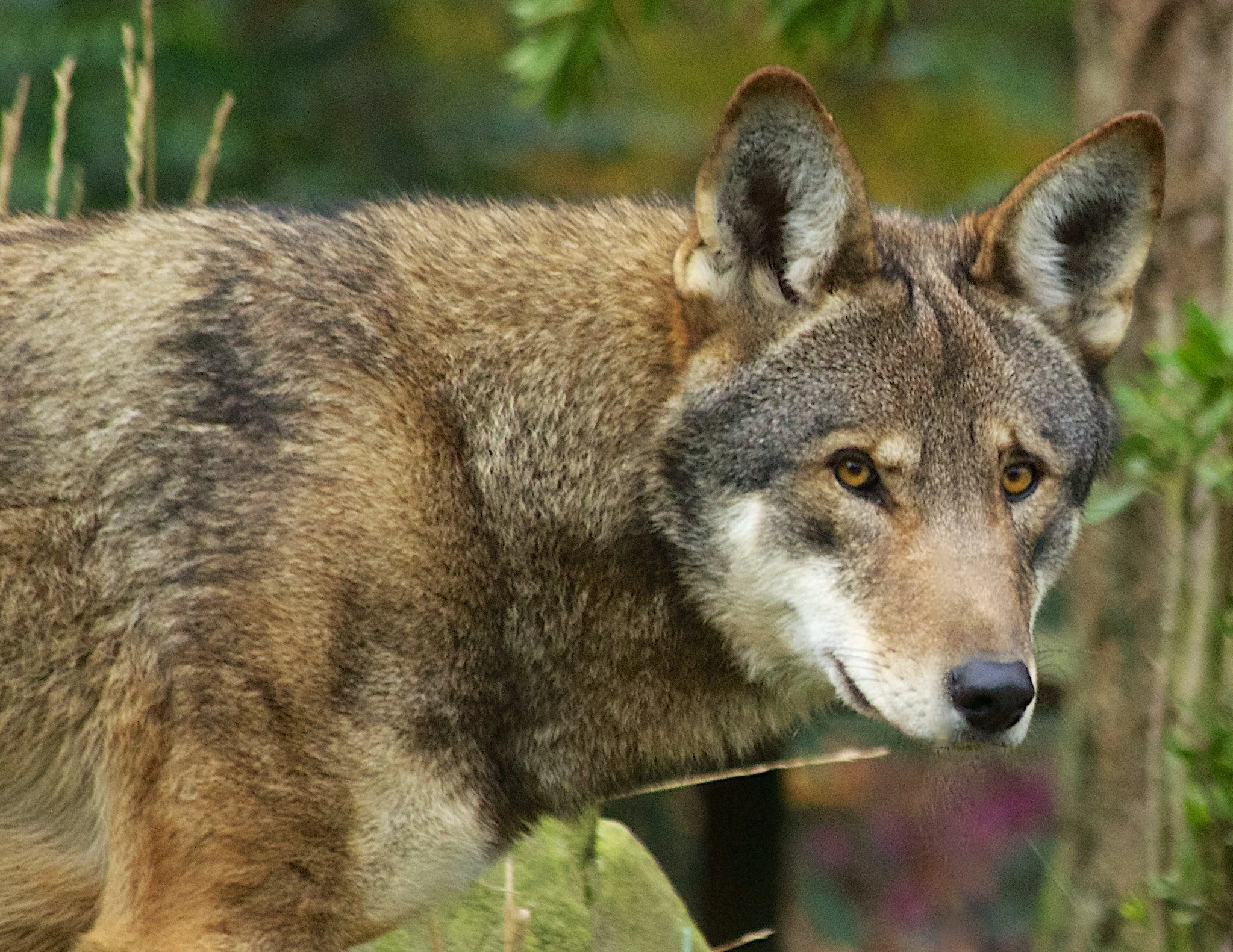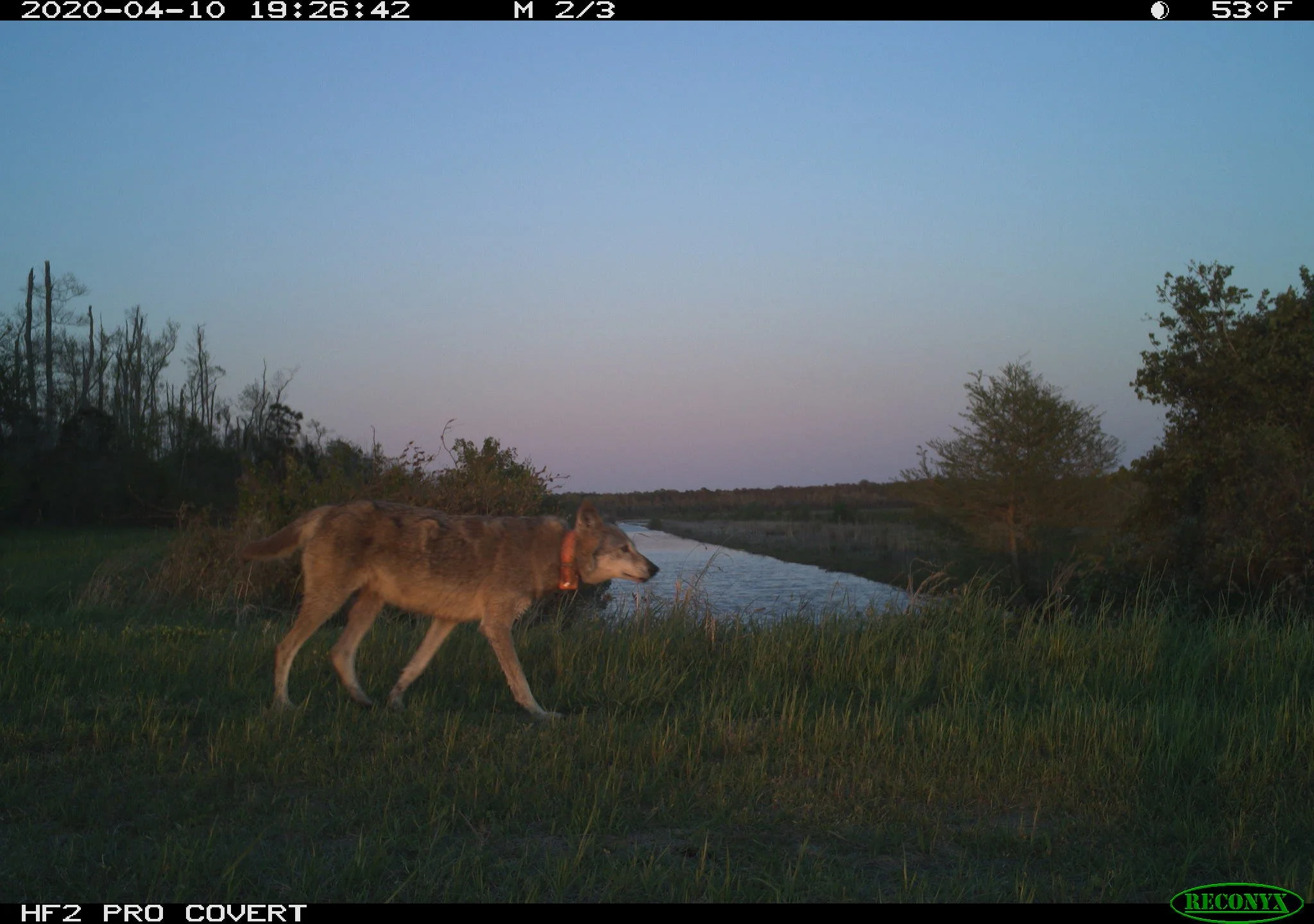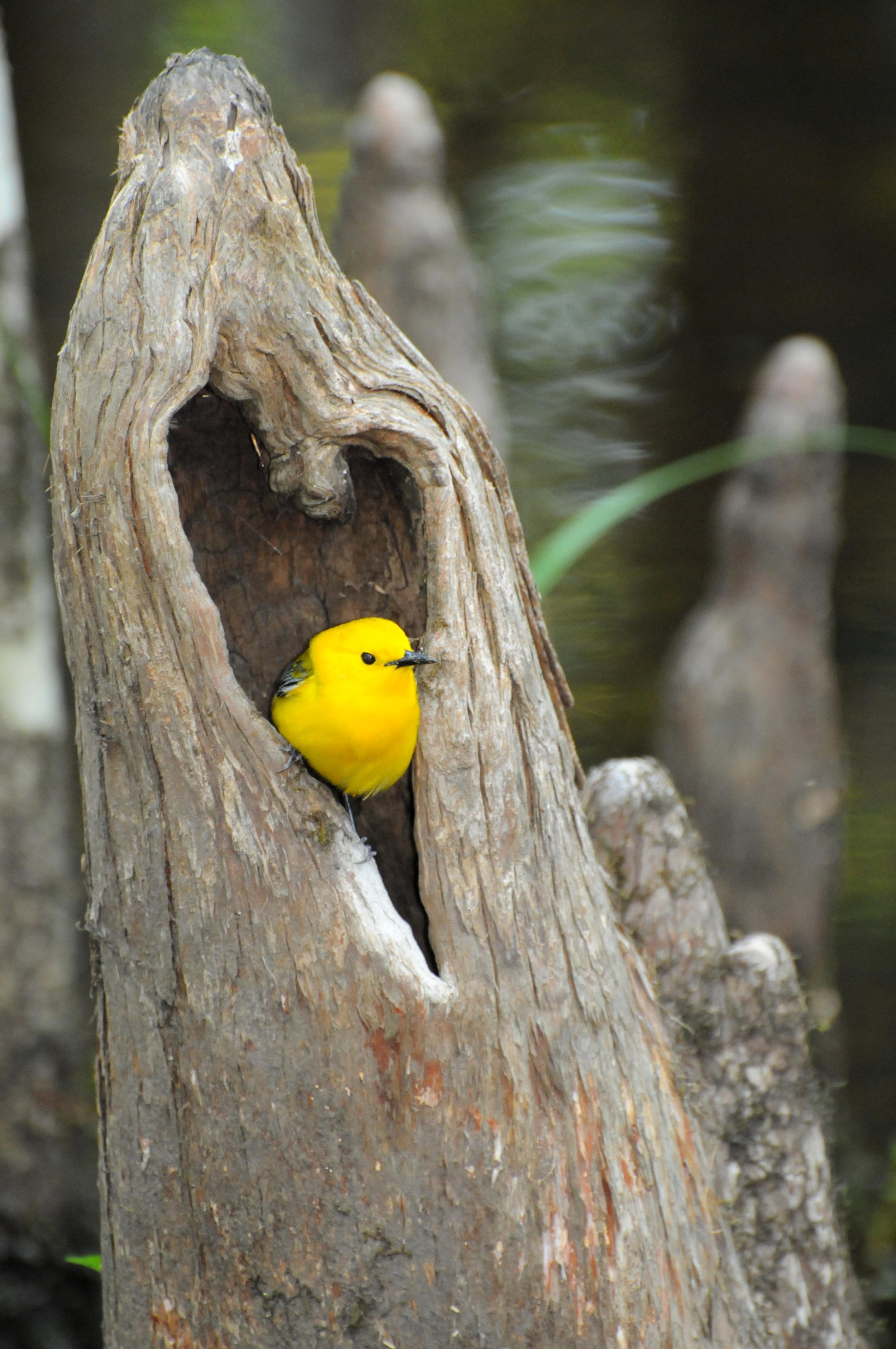Red wolves desperately require your help at this moment. This remarkable species, known for its intelligence and stunning beauty, plays a vital role as an apex predator in its ecosystem. Protecting red wolves is crucial for maintaining a balanced and healthy environment. The survival of this species is in grave danger, and they are on the verge of extinction.
Refuge & Hatchery Friends Photo Contest March 2022 Winner— Alligator River National Wildlife Refuge
For March the winning photo taken by Bob Glennon is of a bison and a fiery red sunset at Alligator River National Wildlife Refuge, East Lake, North Carolina.
Bob shared with us captivating photos of the early bloomers at Alligator River National Wildlife Refuge in northeastern North Carolina. These early bloomers will produce the berries the black bears that reside on the refuge. Bob, also captured a great photo of the black bear.
A Busy Year Protecting, Promoting, and Enhancing North Carolina National Wildlife Refuges
2021 has been a busy and productive year in and around North Carolina’s national wildlife refuges. We made great progress in raising awareness of NC NWRs with Catawba College and the surrounding community of Salisbury, NC by presenting a slide show about the 11 national wildlife refuges in North Carolina with a follow up virtual meeting with the faculty of the Catawba College Center for the Environment faculty. The faculty is receptive to the opportunity of providing college interns for science-based project work on NC NWRs.
"Red Wolves' Last Stronghold" Released
Catawba College Presentation Tomorrow: State’s Hidden Treasures Beckon
Imagine seeing 5,000 redhead ducks on one 300-acre impoundment or a dozen black bears on a single ride through forest roads. These sights are available to North Carolinians in what Mike Bryant calls “the hidden treasures” — the 11 National Wildlife Refuges in the state.
National Wildlife Refuge Association's Geoff Haskett Talks Conservation at Catawba College
Was There Storm Damage From Hurricane Dorian?
This is a question that was asked by many supporters of the National Wildlife Refuge System. We too wanted to know the answer. We checked in with national wildlife refuges along the Atlantic coast from Florida to North Carolina and the answer was similar. Refuges were spared the brunt of this storm and damage was minimal.







